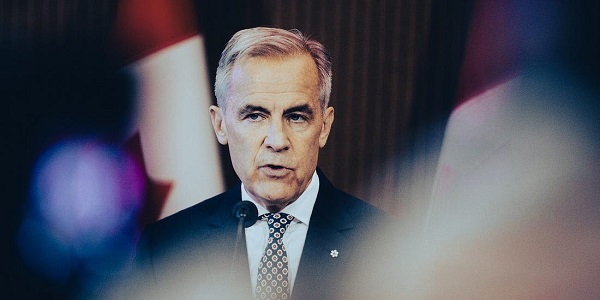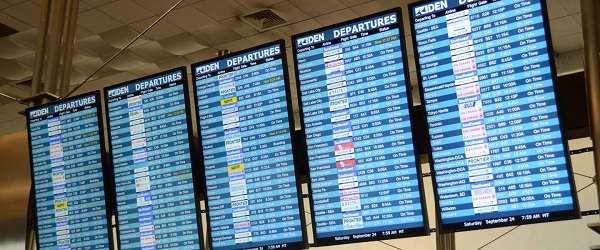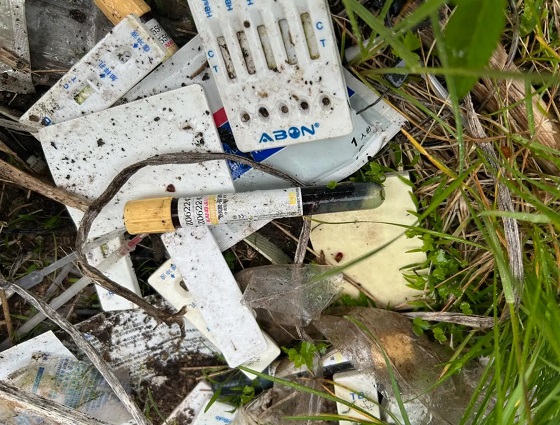Government of Alberta
30th LEGISLATURE- SPEAKER ELECTION AND SPEECH FROM THE THRONE

May 15, 2019
Members of the Legislative Assembly of Alberta will meet on Tuesday, May 21, 2019, at 1:30 p.m. to elect the presiding officers for Alberta’s 30th Legislative Assembly.
Presiding officers include the Speaker, Deputy Speaker and Chair of Committees and Deputy Chair of Committees. All elections are conducted by secret ballot in the Chamber.
The First Session of the 30th Legislature will open at 3 p.m. on May 22, 2019, with the Speech from the Throne by Her Honour the Honourable Lois E. Mitchell, CM, AOE, LLD, Lieutenant Governor of Alberta. The ceremony begins with a 15-gun salute on the South Legislature Grounds, followed by an inspection of a quarter guard in the Legislature rotunda. The event will also feature performances by soprano Cara Lianne McLeod and the Royal Canadian Artillery Band.
Media MUST register via e-mail for each event separately to [email protected] before Friday, May 17 at noon. Upon registration media will receive a confirmation e-mail with details regarding the collection of press passes. While in the Chamber media must wear business attire. Media wearing jeans or sneakers will not be permitted entry. Space is limited in the Chamber, so media will be given access on a first-come, first-served basis and must be in place 15 minutes prior to the ceremony. Video and still photography are allowed, but flash photography is prohibited.
The Chamber ceremonies will be broadcast on Assembly Online at assembly.ab.ca and on Alberta Assembly TV on Telus channel 843, Shaw Cable channel 930 and Shaw BlueSky channel 263 to give access to all Albertans. Photos of the ceremony will be available on Flickr (legassemblyofab) and the video will be posted on YouTube (AlbertaLegislature).
Alberta
Alberta Next: Taxation

A new video from the Alberta Next panel looks at whether Alberta should stop relying on Ottawa to collect our provincial income taxes. Quebec already does it, and Alberta already collects corporate taxes directly. Doing the same for personal income taxes could mean better tax policy, thousands of new jobs, and less federal interference. But it would take time, cost money, and require building new systems from the ground up.
Alberta
Alberta school boards required to meet new standards for school library materials with regard to sexual content

Alberta’s government has introduced new standards to ensure school library materials are age-appropriate.
School libraries should be safe and supportive places where students can learn and explore without being exposed to inappropriate sexual content. However, in the absence of a consistent standard for selecting age-appropriate library materials, school boards have taken different approaches, leading to concerns about safeguards in place.
In response to these concerns, and informed by feedback from education partners and the public, Alberta’s government has created standards to provide school boards with clear direction on the selection, availability and access to school library materials, such as books.
“Our actions to ensure that materials in school libraries don’t expose children to sexual content were never about banning books. These new standards are to ensure that school boards have clear guidance to ensure age-appropriate access to school library materials, while reflecting the values and priorities of Albertans.”
The new standards set clear expectations for school library materials with regard to sexual content and require school boards to implement policies to support these standards.
Standards for school library materials
Under the new standards, school libraries are not permitted to include library materials containing explicit sexual content. Non-explicit sexual content may be accessible to students in Grade 10 and above, provided it is age-appropriate.
“Protecting kids from explicit content is common sense. LGBTQ youth, like all children, deserve to see themselves in stories that are age-appropriate, supportive and affirming – not in material that sexualizes or confuses them.”
School boards must also regularly review their school library collections, publish a full list of available materials and ensure that a staff member supervises students’ access to school library materials. School boards will have to remove any materials with explicit sexual content from their school libraries by October 1.
School board policies and procedures
All school boards must have publicly available policies that align with the new standards for selecting and managing library materials by January 1, 2026. School boards can either create new policies or update existing ones to meet these requirements.
These policies must outline how school library materials are selected and reviewed, how staff supervise students’ access throughout the school day, and how a student, parent, school board employee or other member of the school community can request a review or removal of materials in the school library. School boards are also required to clearly communicate these policies to employees, students and parents before January 2026.
“A robust, grade- and age-appropriate library catalogue is vital for student success. We welcome the ministry’s initiative to establish consistent standards and appreciate the ongoing consultation to help craft a plan that will serve our families and communities well.”
“Red Deer Public Schools welcomes the new provincial standards for school library materials. Our division is committed to maintaining welcoming, respectful learning spaces where students can grow and thrive. Under the new standards for school libraries, we remain dedicated to providing learning resources that reflect our values and support student success.”
Quick facts
- The new standards will apply to public, separate, francophone, charter and independent schools.
- The ministerial order does not apply to municipal libraries located within schools or materials selected for use by teachers as learning and teaching resources.
- From May 26 to June 6, almost 80,000 people completed an online survey to provide feedback on the creation of consistent standards to ensure the age-appropriateness of materials available to students in school libraries.
Related information
- Ministerial Order
- School library standards engagement
- Reference Materials: Content warning: this document contains graphic content that may be disturbing to viewers and is not appropriate for young viewers. Viewer discretion is advised.
-

 National2 days ago
National2 days agoDemocracy Watch Blows the Whistle on Carney’s Ethics Sham
-

 International2 days ago
International2 days agoMatt Walsh slams Trump administration’s move to bury Epstein sex trafficking scandal
-

 Energy1 day ago
Energy1 day agoIs The Carney Government Making Canadian Energy More “Investible”?
-

 Business1 day ago
Business1 day agoCompetition Bureau is right—Canada should open up competition in the air
-

 Immigration1 day ago
Immigration1 day agoUnregulated medical procedures? Price Edward Islanders Want Answers After Finding Biomedical Waste From PRC-Linked Monasteries
-

 Business1 day ago
Business1 day agoDemocracy Watchdog Says PM Carney’s “Ethics Screen” Actually “Hides His Participation” In Conflicted Investments
-

 Business1 day ago
Business1 day agoIt’s Time To End Canada’s Protectionist Supply Management Regime
-

 COVID-191 day ago
COVID-191 day agoFreedom Convoy leaders’ sentencing hearing to begin July 23 with verdict due in August






